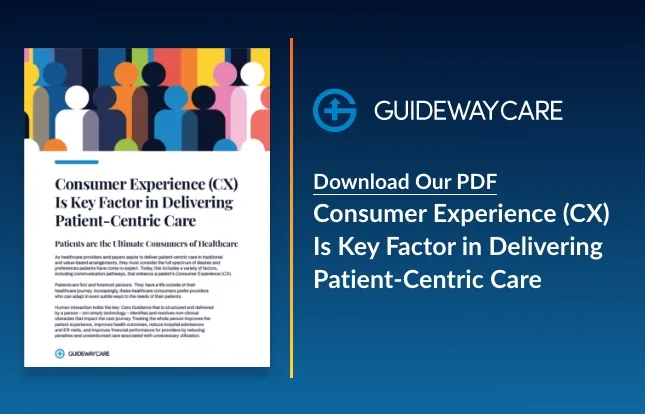The Importance Of Interoperability In Healthcare

Interoperability means that various devices and systems are integrated comprehensively with healthcare data. This allows you to provide higher levels of patient care in a fast-moving environment.
So keep reading to understand why interoperability is so important in healthcare and how you can achieve your ideal patient outcomes, financial metrics, and other crucial KPIs.
What Is Interoperability In Healthcare?
You can think of interoperability like a universal language that connects distinct systems like third-party systems, electronic health records, mobile apps, and more. In order to achieve this, you use healthcare data exchange architectures, standards, and program interfaces.
Without healthcare interoperability, communicating critical information would be difficult for healthcare providers. It would be like two people who speak a different language trying to communicate.
What Information Is Exchanged With Interoperable Systems?
With the United States Core Data for Interoperability (USCDI V1) standards, health information technology systems adhere to specific guidelines.
They can exchange demographic, vital signs, smoking status, medications, clinical notes, lab results, allergies, and other information. The list of standards is evolving and continuously growing. And it’s important to stay in line with these standards in order to promote quality healthcare navigation.
Why Is Interoperability Important In Healthcare?
Patients may have multiple providers from which they receive healthcare. They could be on multiple payer panels as well. Therefore, seamless data transfer is of the utmost importance.
For instance, if a physician is treating a patient in the ER for a heart attack, they would need to know the patient’s medications or allergies. Instead of having to call around, they could simply use accurate information delivered directly to the palm of their hand or on a screen nearby.
Another scenario in which interoperability is so important is home-based care. Take patients with chronic diseases, for instance. With interoperable medical devices, patients can capture parameters such as weight, blood pressure, or respiratory rate.
From here, they can add this information to their medical records. Without such technology in place, patients who were at home during the COVID pandemic may have missed out on crucial care.
So, the answer to “Why is interoperability important for health information management” is multifold. Technology protocols must be integrated appropriately to allow for timely, accurate care for each individual patient’s situation.
Of course, there should be a layer of guidance between the medical staff and the patient. That’s why healthcare navigators and navigation protocols are so crucial.
With the right personnel and approach combined, patient outcomes can be improved no matter what challenges they face.
What Are The Standards For Hospital Interoperability?
There are five main standards, or levels, for healthcare interoperability. Let’s discuss what each of them are below.
Foundational
This creates the basic standards that one needs for two systems to communicate with each other safely.
It prevents technology from interpreting healthcare data, instead simply processing it. However, that’s where other levels of interoperability come in.
Structural
This creates the syntax and format for data sharing. For instance, healthcare standards provide a structure for how messages should be delivered and coded.
Semantic
This level of interoperability allows nomenclatures and medical terminologies to be translated across various systems. This semantic interoperability means that systems can interpret and exchange healthcare data. In essence, they will speak the same language.
Organizational
The organizational level involves legal, social, policy, and other administrative aspects of healthcare. Ultimately, the goals of this level of interoperability are to create seamless communication between entities and individuals in healthcare.
Improve Your Patient Care Today
Contact Guideway Care now. We’ll help you advance health equity, improve patient satisfaction, and reduce the cost of care for your healthcare practice.
Our healthcare management systems can help you structure your workflows, streamline data acquisition, and drive better performance.
Ultimately, your practice will improve its finances and administrative efficiency. Our experts are here to help, so don’t hesitate to reach out today.
Contact Us Today To Learn How We Can Help
"*" indicates required fields




